Search
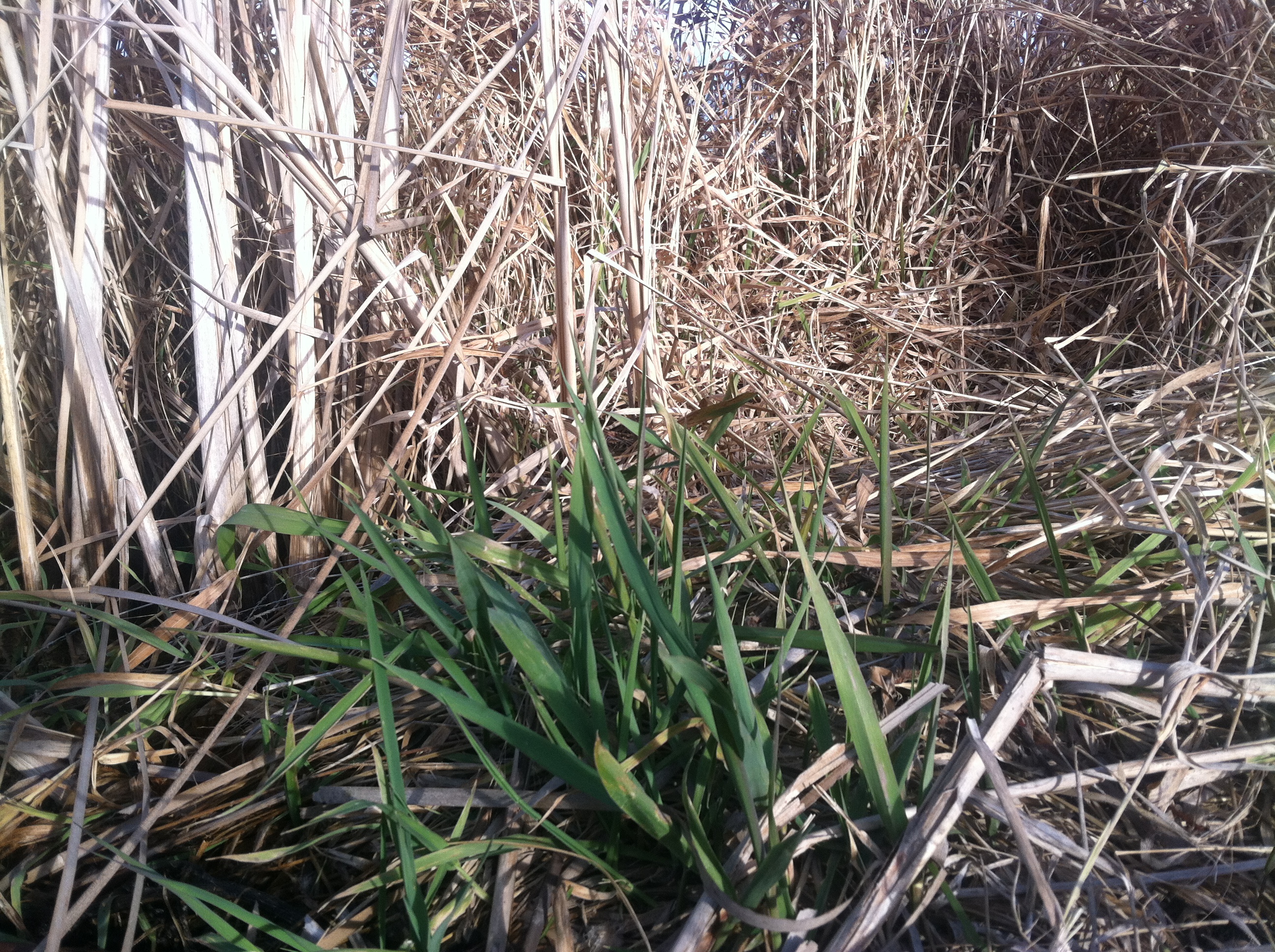
Reed Canary Grass: Possible Prussic Acid & Alkaloid Issues
Prussic acid issues with reed canary grass are poorly understood and may go unrecognized if they occur. This article addresses a little-known but interesting aspect of the biology of reed canary grass.
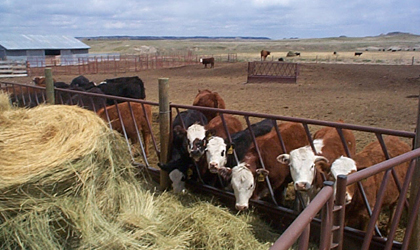
Herd Management: Keep or Cull During a Drought?
Drought forces unexpected changes so it’s critical to have a strategy to keep only the “right” females that will benefit the operation.
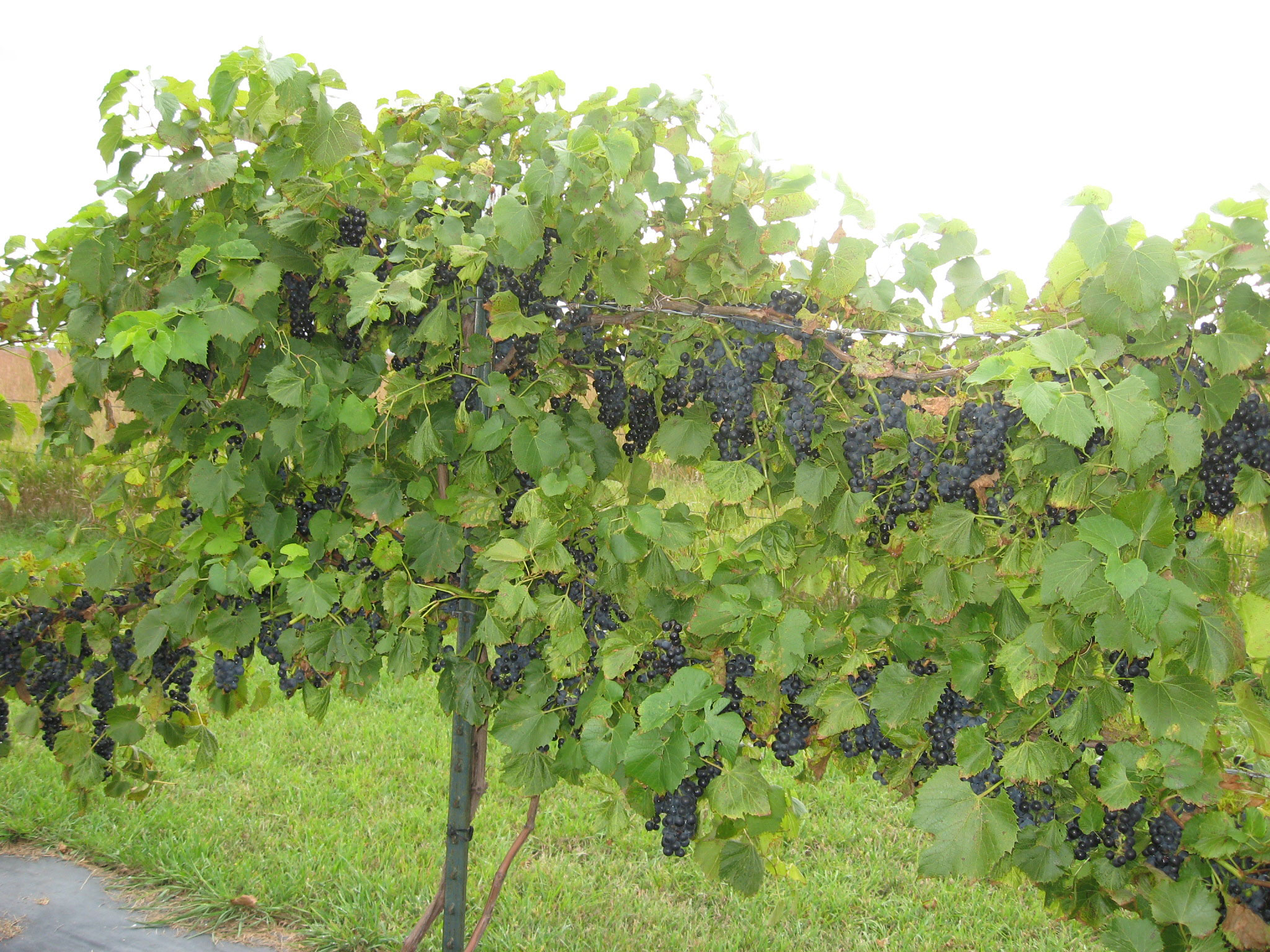
Starting a Commercial Vineyard in South Dakota
Are you thinking of starting your own vineyard? This publication provides a brief overview of the issues you need to consider in determining whether grape growing might be a good fit for you.
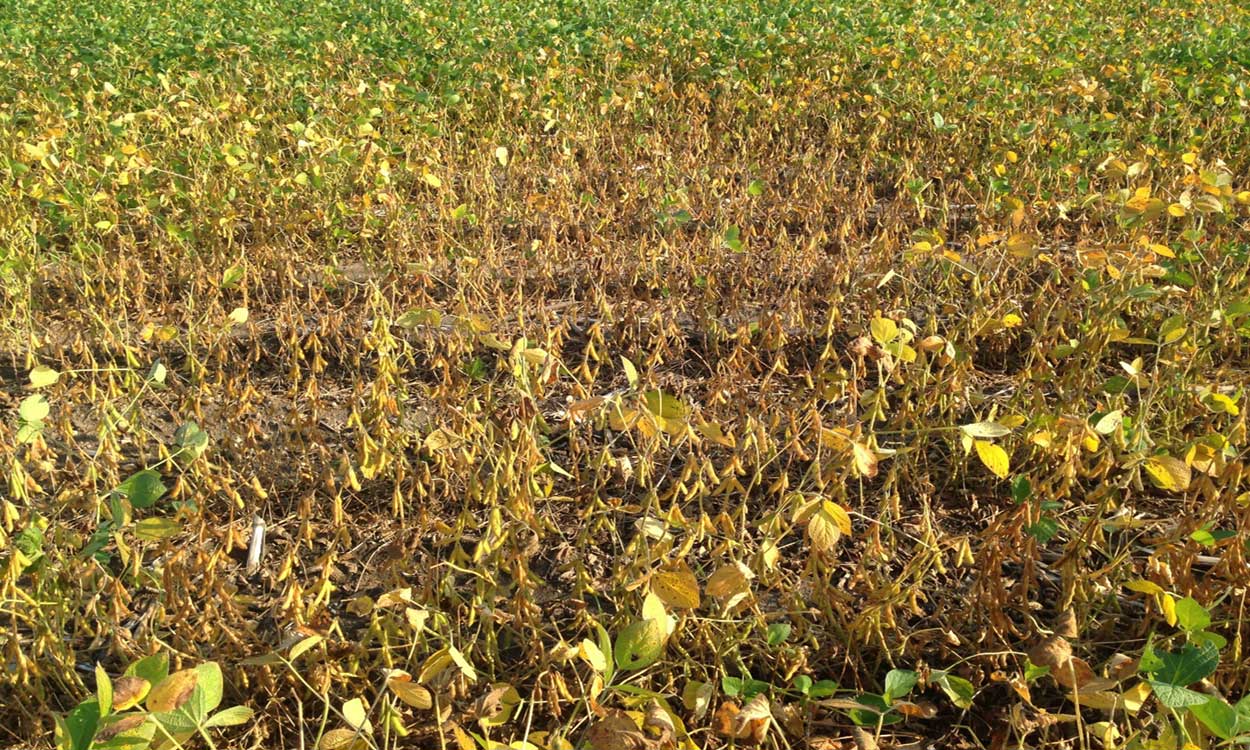
Scout for Charcoal Rot in Early Senescing Parts of the Field
The drought conditions in the past few weeks have led to some soybean fields senescing early. However, some of the early senescing may be due charcoal rot.
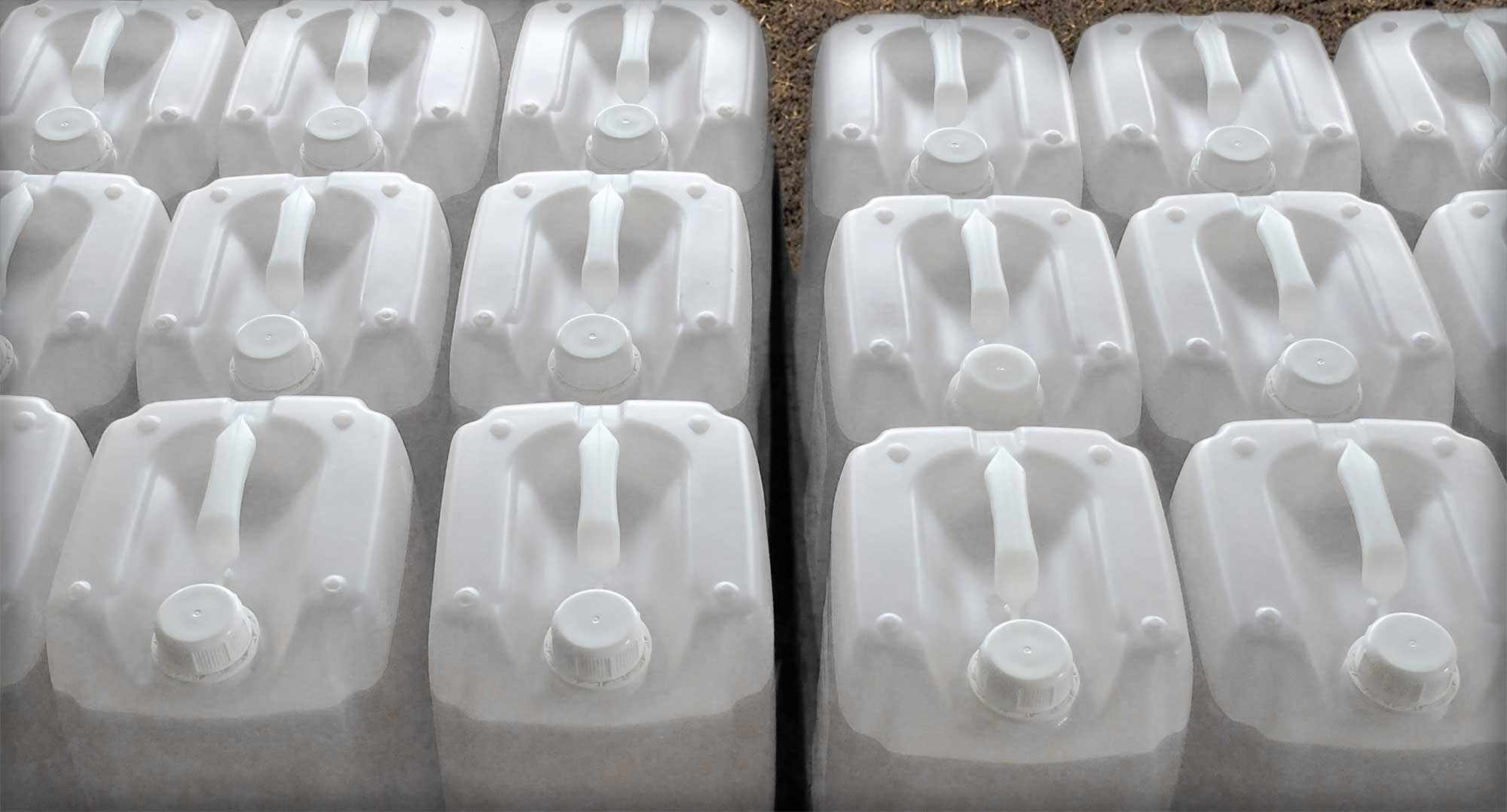
2025 Pesticide Container Recycling
The South Dakota Department of Agriculture and Natural Resources is again offering pesticide container recycling services across the state. View a complete list of 2025 dates and locations.
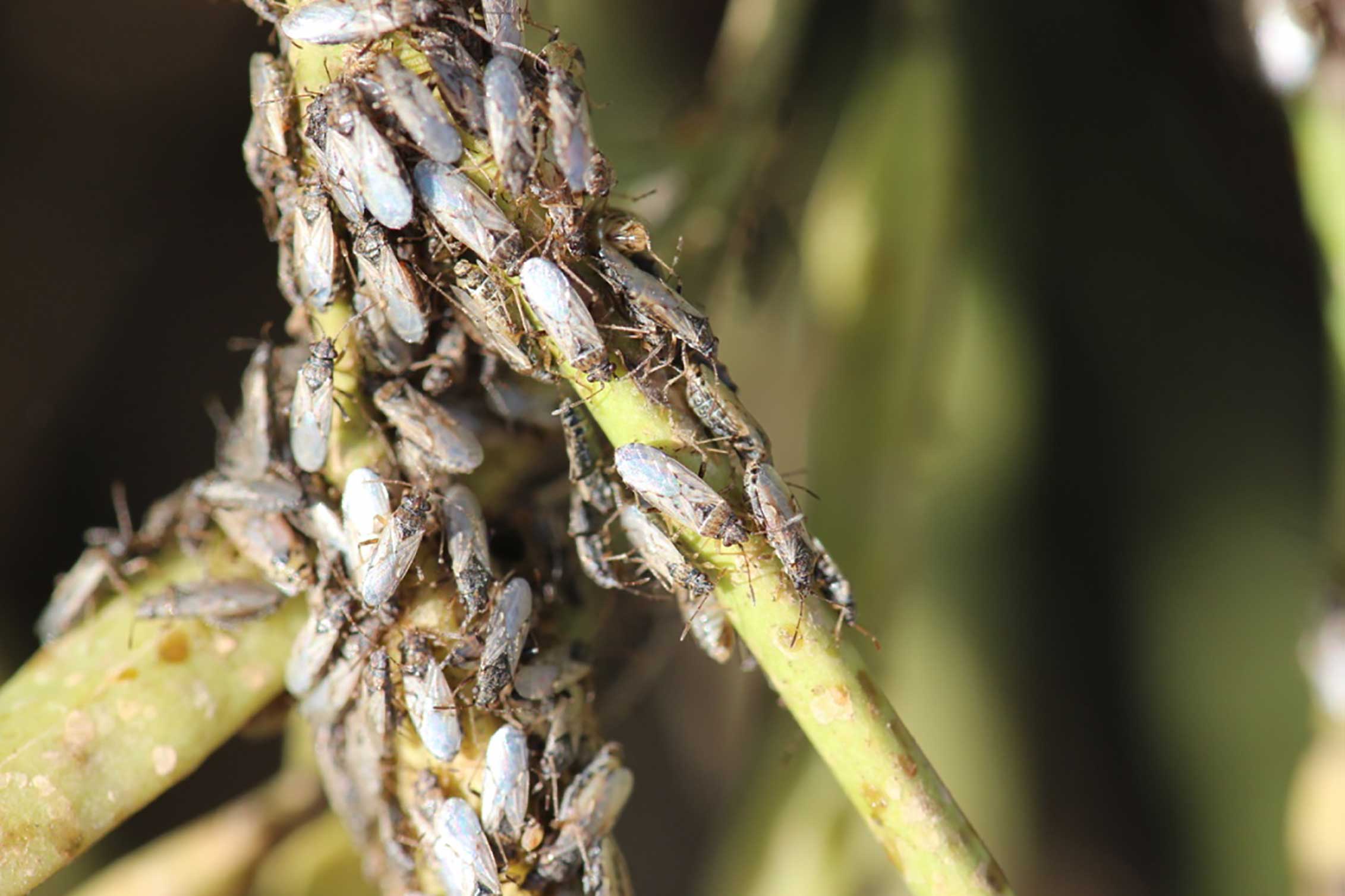
False Chinch Bugs Back Again
False chinch bugs are active yet again in South Dakota. Although they are normally only a nuisance pest, their populations can become magnified during cool, wet springs.
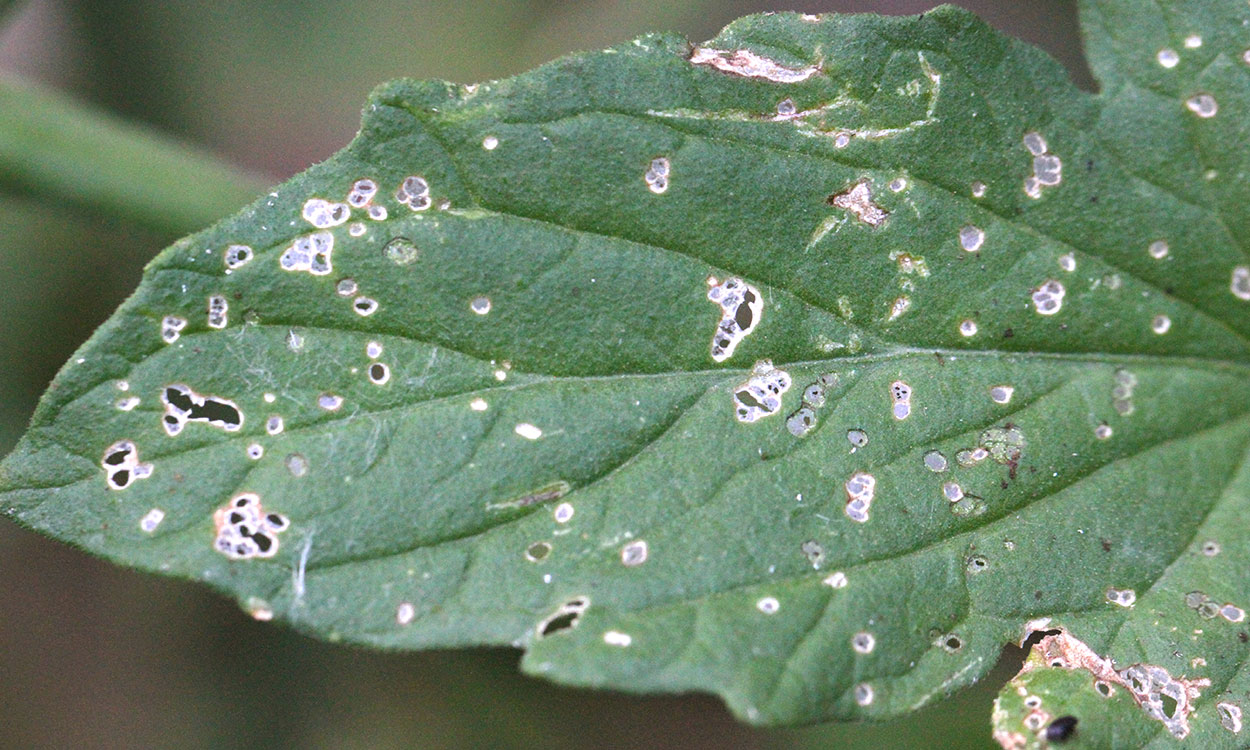
What’s Causing the Tiny Holes on My Tomato Leaves?
Flea beetles are once again causing issues for gardeners across South Dakota. These herbivorous beetles can be a pest of many different garden plants, including tomatoes, peppers, beans, squash and lettuce.

SDSU Extension welcomes new soil health expert to Watertown office
September 18, 2023
South Dakota State University Extension is pleased to welcome Hans Klopp as a new Soil Health Field Specialist.
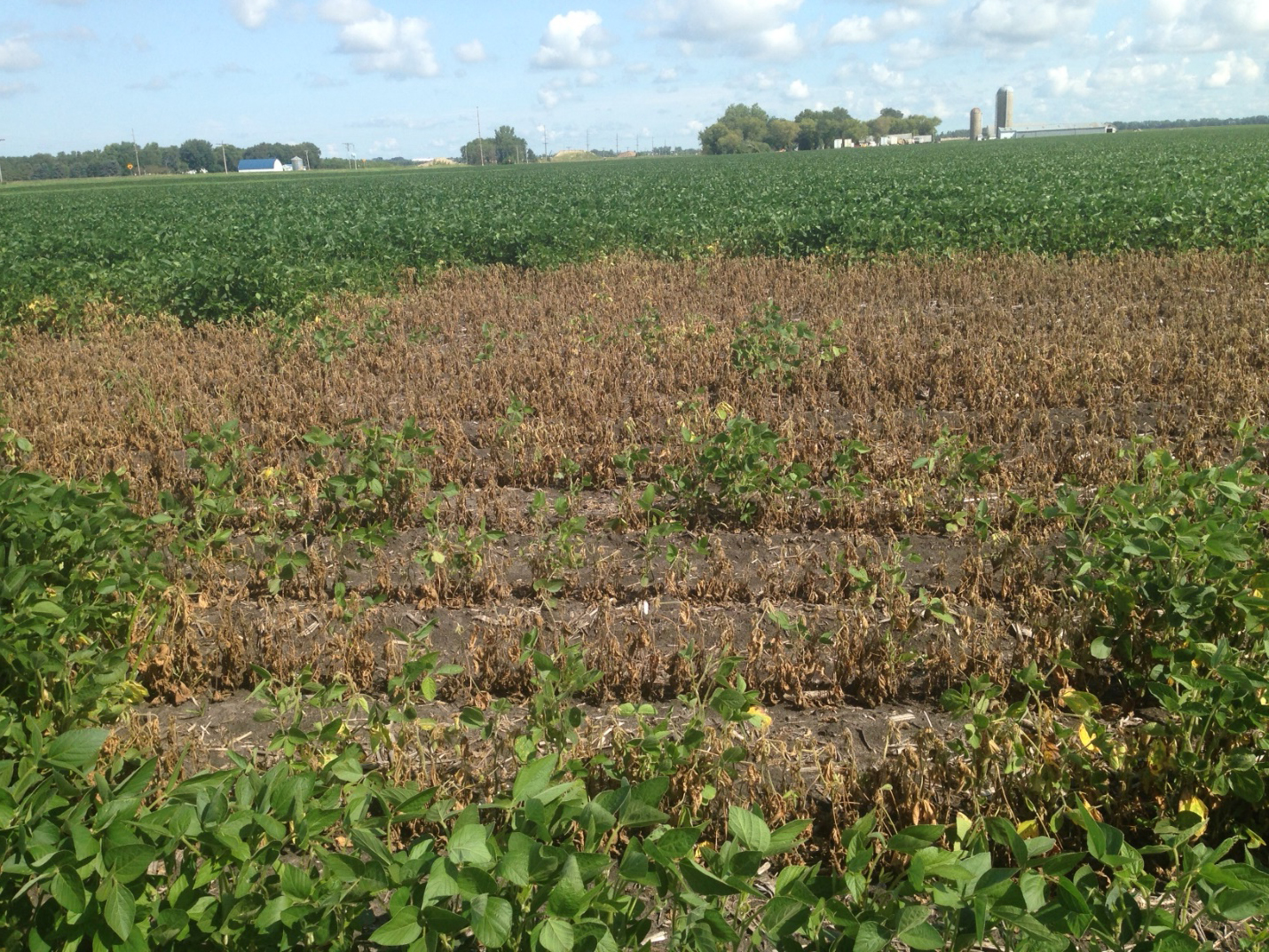
Seeing Dead Soybean Plants in a Circular Pattern? Could Be Due to Lightning
While quite uncommon for lightning to damage row crops, it does happen. Thunderstorms can have lightning that can burn soybeans plants leading to their death.
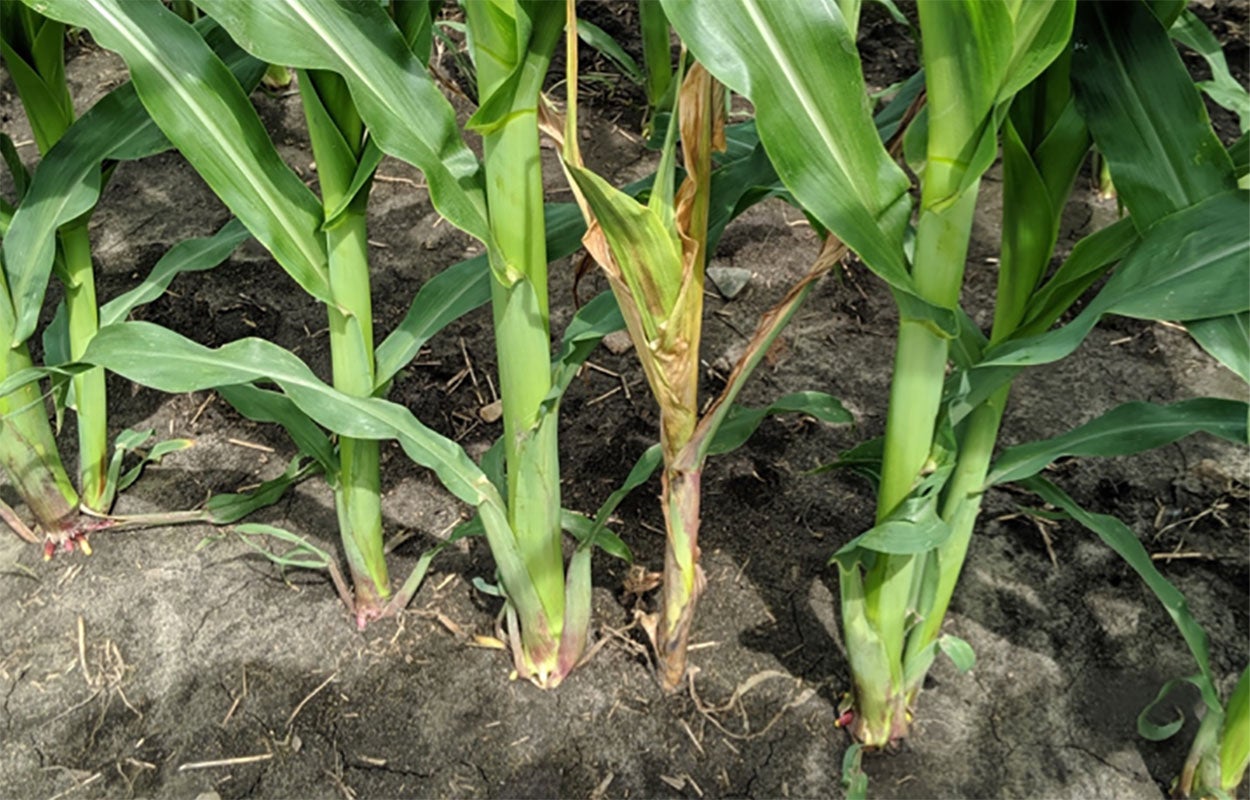
Fusarium Root and Crown Rot Developing in Corn
A few corn fields scouted in Brookings County were found with Fusarium root rot at low levels. Infected plants were wilting and upon splitting of the lower nodes revealed brown discoloration of the pith. Root and crown rots developing in corn after the seedling stage are usually caused by Fusarium spp. and can be enhanced by injury to the roots or crown, mainly by insect feeding.